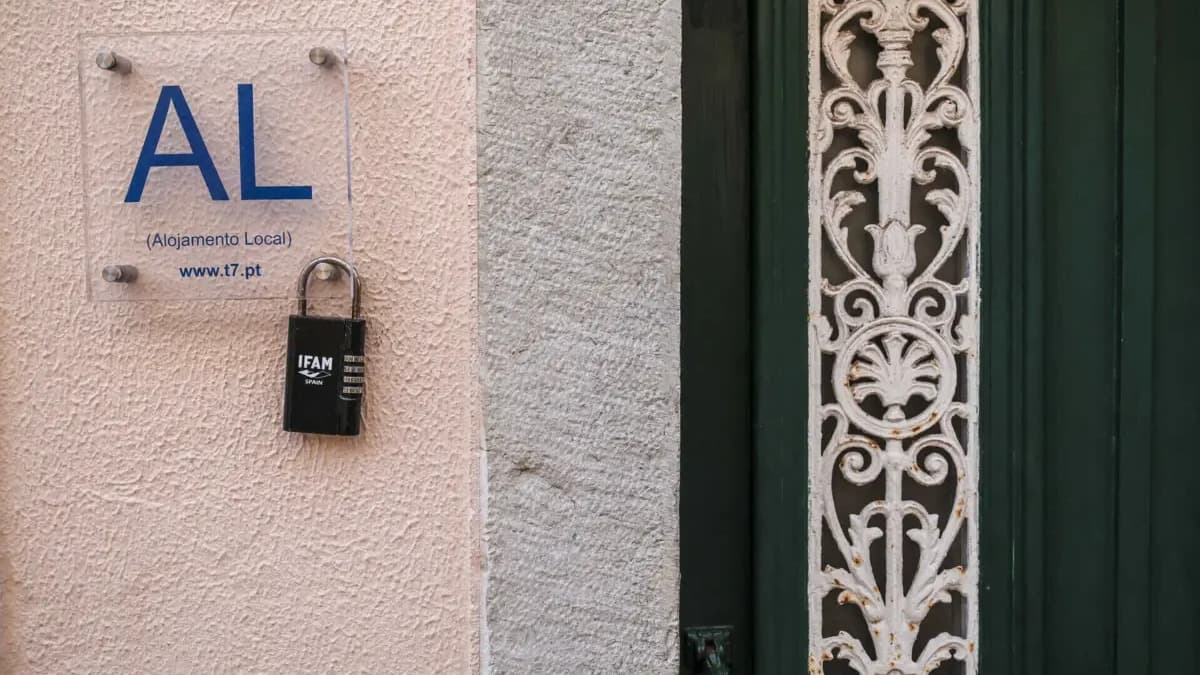Funchal Municipality to Be Questioned Over Short-Term Rental Licenses in Subsidized Housing
The Juntos pelo Povo (JPP) political party has officially requested a parliamentary hearing to question the Mayor of Funchal concerning the issuance of Alojamento Local (AL) licenses for apartments within a housing development constructed with public financial support. The request follows allegations that units intended for a controlled-cost housing cooperative are being utilized for short-term tourist rentals. Élvio Sousa, the JPP party leader, described the situation as an "abusive use of public investment" in a formal statement, attributing it to what he termed "permissive and complicit licensing practices" by the Funchal Municipal Council.
The development in question consists of 48 apartments and was inaugurated late last year. The project was undertaken by a housing cooperative with the stated aim of providing affordable housing. The controversy was first brought to public attention by opposition councilors from the Confiança coalition, who reported that at least one apartment from the development was being actively marketed for holiday rentals. They argue that this practice is contrary to the regulations governing local housing and undermines the objective of publicly supported housing programs.
The Funchal municipality is currently governed by the Funchal Sempre à Frente coalition (PSD/CDS-PP), which holds an absolute majority and is led by Mayor Cristina Pedra. The JPP, holding its position as the largest opposition party in the Regional Parliament of Madeira, is demanding an urgent hearing with both the mayor and the president of the housing cooperative that oversaw the project. The party seeks a formal explanation for how properties developed under a subsidized framework were deemed eligible for commercial tourism licenses.
Need Expert Guidance?
Get personalized insights from verified real estate professionals, lawyers, architects, and more.
This issue touches upon the broader debate regarding housing affordability and the regulation of the short-term rental market in key tourist areas. The use of publicly funded assets for commercial tourism purposes raises significant questions about regulatory oversight and the enforcement of housing policy objectives. The parliamentary hearing aims to clarify the specific circumstances of the licensing process and establish accountability for the decisions made. The outcome could have wider implications for the criteria used to approve AL licenses in the region, particularly for properties that have benefited from any form of public subsidy or controlled-cost development initiatives.
Discover rental property opportunities and regulations at realestate-lisbon.com.




